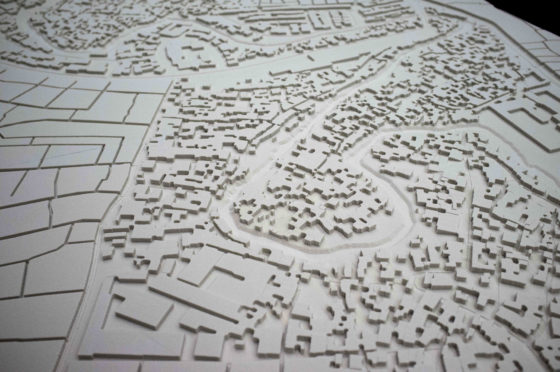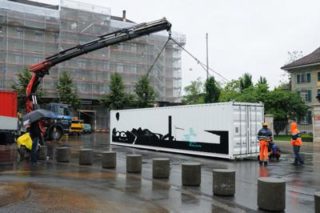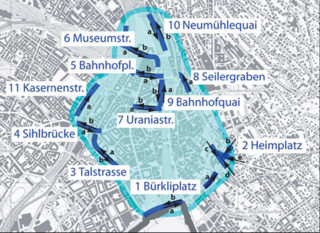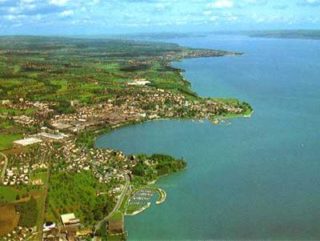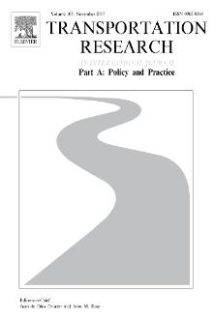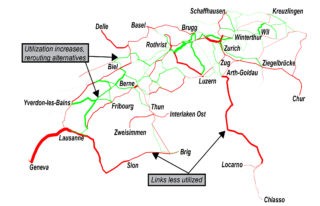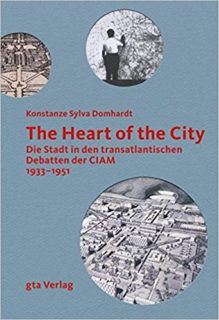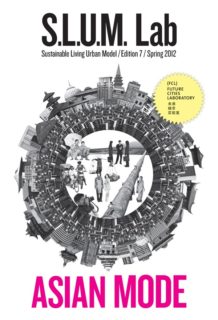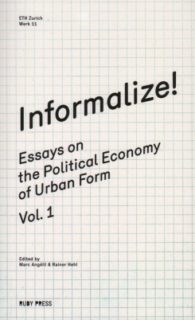Geschätzte Leserinnen und Leser
Wissenstransfer am NSL geschieht nicht nur durch Publikationen und Vorträge: Das Wissen wird persönlich an die Orte des Geschehens gebracht. In Jakarta, einer sogenannten Megastadt mit mehr als 10 Millionen BewohnerInnen und regelmässigen Überschwemmungen wird das Wissen über Wassermanagement an die lokale Kultur angepasst. Zum Thema Raumplanung tourt ein Schiffscontainer gleich durch die ganze Schweiz. Ausserdem weiss Javier Ortigosa, wie das Zufahrts-Kontrollsystem der Stadt Zürich zu verbessern wäre. Und: in ihrer bald erscheinenden Studie «Südliches Bodenseeufer» schlägt das ETH Studio Basel die Auflösung des Gegensatzes von Bau- und Nichtbauland vor. Wir wünschen viel informatives Lesevergnügen!
Nearly one year ago, the ongoing research collaboration Future Cities Laboratory (FCL), a partnership between the ETH Zurich and National University of Singapore (NUS), began its work. On the newly built Create Campus in Singapore, Module 7: Landscape Ecology, under the direction of Christophe Girot, brings together a team including landscape architects, planners, and hydrologists amongst others to meet the challenges of the Ciliwung River catchment in Indonesia. The project provides excellent insight into the active process of knowledge transfer – as the methodologies and technologies of the ETH team combine and adapt to local culture, logistics, and high-density living with low-density data, requiring new responses. Plus
Redaktionsteam
Claudia Gebert, Koordinationsstelle NSL, Chefredaktion
Michael Contento, Institut für Städtebau
Lukas Küng, Institut für Städtebau
Philipp Neff, Institut für Raum- und Landschaftsentwicklung
Dunja Richter, Institut für Landschaftsarchitektur
Christof Zöllig, Institut für Verkehrsplanung und Transportsysteme
